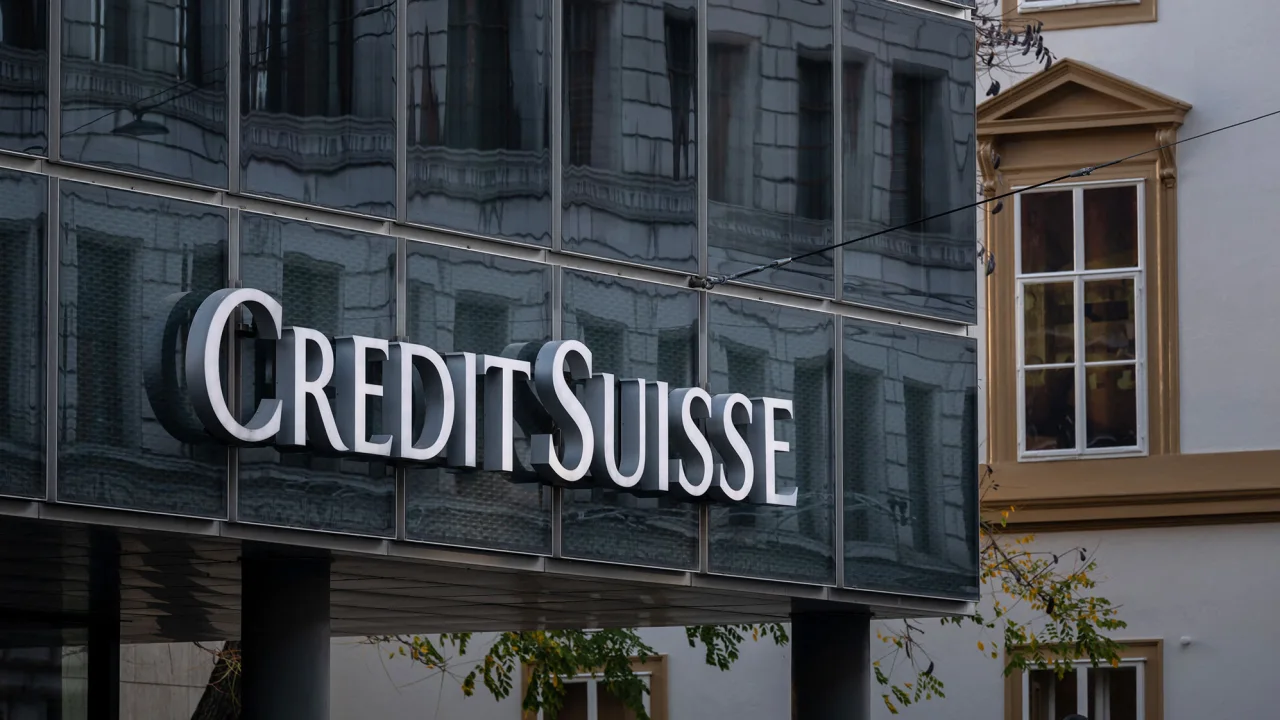
In the aftermath of Silicon Valley Bank’s collapse, which greatly shook customer trust, Union Bank of Switzerland (UBS) stepped in on March 19 to acquire Credit Suisse for a substantial $3.25 billion. To bolster the deal, the Swiss central bank provided a solid backing of 200 billion Swiss francs in liquidity support.
Credit Suisse was valued at 0.76 CHF per share. The Swiss Federal Council, the Swiss Financial Market Supervisory Authority (FINMA), and the Swiss National Bank all endorsed the transaction.
UBS finalized the urgent purchase of the troubled competitor in early June, 2023. The largest banking alliance since the 2008 global financial crisis, this merger created a mammoth Swiss bank with assets of $1.7 trillion.
FINMA welcomed the acquisition’s completion with positive emotions, saying in a statement that it provides the two banks with much-needed transparency and stability. FINMA also praised UBS’s strategic vision and for its dedication to swiftly reducing investment banking risk. However, the hand that applauded is facing the cacophony of criticism.
The emergency entanglement that unfolded between Credit Suisse and UBS has become a battleground of scrutiny and critique, casting shadows upon the regulatory prowess of the overseeing entity.
When criticism pours in
Although the acquisition of Credit Suisse by UBS aimed to prevent further turmoil in the global banking industry, there has been an underscoring of the magnitude and complexity of the takeover.
Job cuts by UBS have been announced to save billions of dollars in costs, although specific details regarding the extent of the layoffs remain undisclosed. The combined workforce of the two banks in Switzerland amounts to approximately 37,000 employees, which makes up around 18% of the financial sector’s workforce in the country. Globally, the two banks have a total of 120,000 employees.
Swiss taxpayers may be responsible for up to 9 billion Swiss francs ($10 billion) in potential losses incurred by UBS from certain Credit Suisse assets. Additionally, UBS has agreed to bear losses of 5 billion francs ($5.5 billion) itself.
Recently, the limitations of FINMA were laid bare by the issues faced by Credit Suisse, according to an opinion piece penned by FINMA’s CEO Urban Angehrn and published in the Neue Zuercher Zeitung. Angehrn suggests that lawmakers should empower FINMA with the ability to levy fines and should encourage the publication of information about the watchdog’s oversight activities. Furthermore, Angehrn recommends that Swiss companies clearly define responsibilities within their management structures.
FINMA has faced criticism for its supervision of Credit Suisse leading up to the bank’s collapse. Angehrn defended FINMA’s actions, asserting that the responsibility for Credit Suisse’s failure ultimately lies with the bank itself, not with FINMA.
From Scandal to Subpoena
Although lashed with a ton of criticism, FINMA is on the top of the issues of the historic merger; the regulator is digging out all the skeletons which may have hampered the efficient operations of Credit Suisse. Starting with the former Credit Suisse CEO Thomas Gottstein. He is currently under investigation by FINMA for his involvement in the downfall of funds linked to Lex Greensill, a disgraced financier. FINMA has initiated enforcement proceedings against four former Credit Suisse employees, including Gottstein.
Earlier this year, FINMA determined that Credit Suisse had seriously violated its risk-management obligations in the Greensill Capital supply-chain financing case. The collapse of Greensill and the losses suffered by Credit Suisse led to significant stock price drops and client fund withdrawals, ultimately leading to UBS taking over Credit Suisse. External investigations into the failures of the Greensill funds are being conducted by Deloitte and the Swiss law firm Walder Wyss.
Indeed, it is a financial battlefield, and probably a tale that would go down in history. For now, FINMA is wearing the cape, or should we say, trying to keep it.







